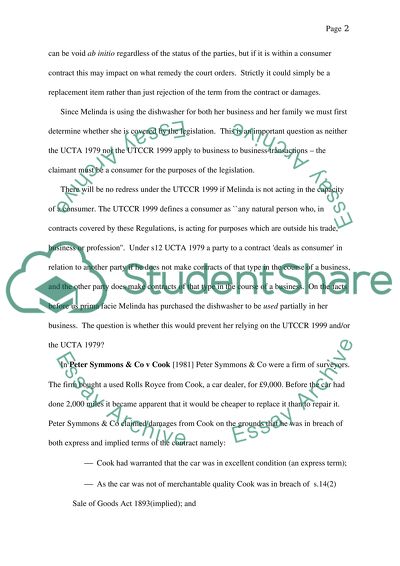Cite this document
(“UCTA/UTCCR Case Study Example | Topics and Well Written Essays - 2500 words”, n.d.)
Retrieved de https://studentshare.org/miscellaneous/1522426-uctautccr
Retrieved de https://studentshare.org/miscellaneous/1522426-uctautccr
(UCTA/UTCCR Case Study Example | Topics and Well Written Essays - 2500 Words)
https://studentshare.org/miscellaneous/1522426-uctautccr.
https://studentshare.org/miscellaneous/1522426-uctautccr.
“UCTA/UTCCR Case Study Example | Topics and Well Written Essays - 2500 Words”, n.d. https://studentshare.org/miscellaneous/1522426-uctautccr.


